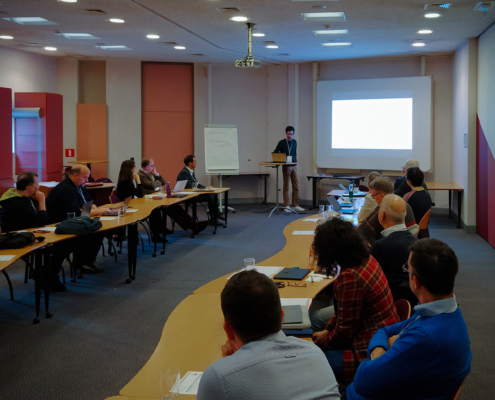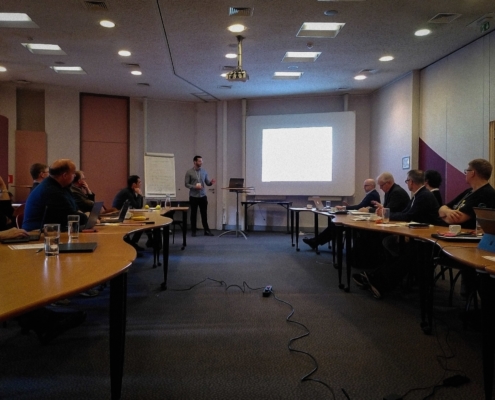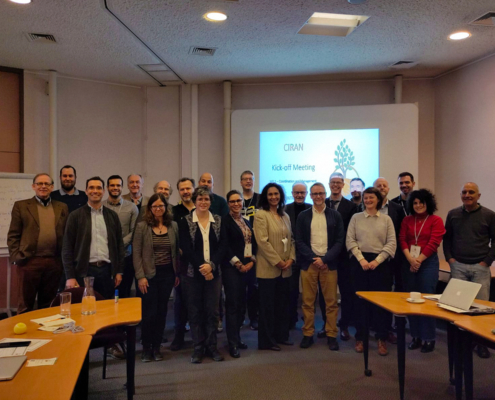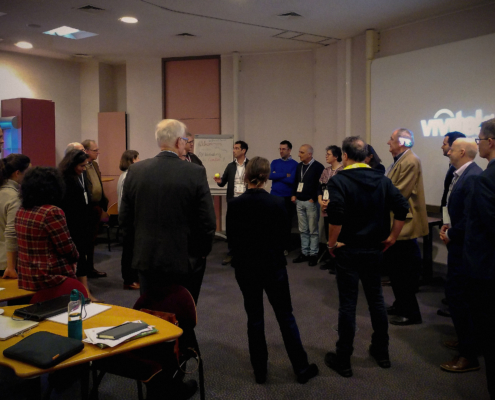START Project Annual Meeting, Madrid, May & June 2023
The LPRC team joined its counterparts in the START project for the Project Annual Meeting, hosted in Madrid by IGME-CSIC. This meeting was held on the 30th, 31st May and 1st June 2023.
This was the first time that the START consortium met in person after last year’s Kick-off meeting. The meeting agenda for this 2023 event involved discussions on the status of the project (by Work Package), a Focus Group session on the future of thermoelectics and the hosting of the 3rd START webinar. The main topics of discussion during these 3 days were the selection and preparation of tetrahedrites (an abundant mine waste mineral that will be used in the project), materials modelling, processing and characterisation, and the sustainable device production, validation and demonstration.
LPRC was responsible for the Work Package 7 presentation on Innovation and exploitation strategy where the team discussed the current and future efforts for designing a new thermoelectrics value chain adapted to the START technological developments, as well as for hosting the Focus Groups session that counted with project technological leaders and a member of the Scientific Advisory Board – Doug Crane (DTP Thermoelectrics).
During the Focus Groups sessions, the LPRC team asked questions related to the current and future possibilities of the START project and of the scientific fields of relevance – thermoelectrics, materials and mining. Each participant answered to the questions with their own views. Data was collected by the moderators and will now be used to further define the future START value chain.

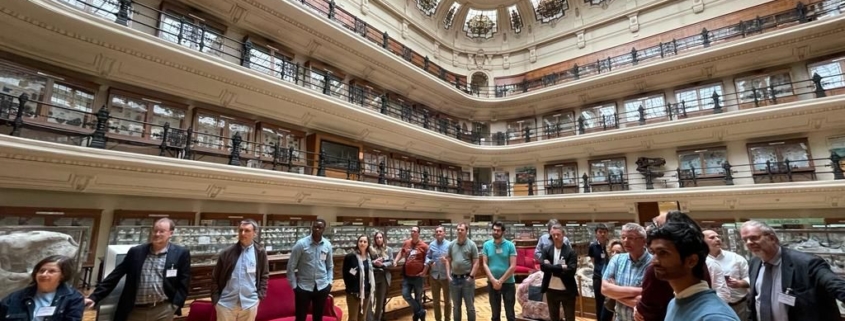 EPMA
EPMA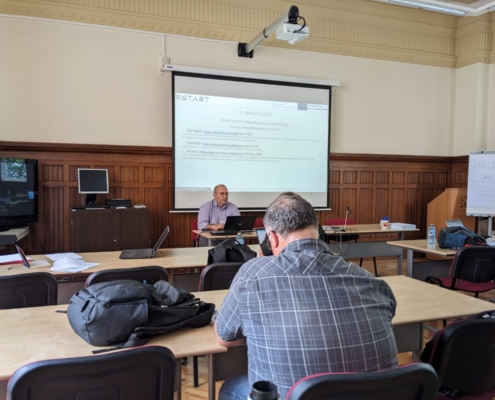
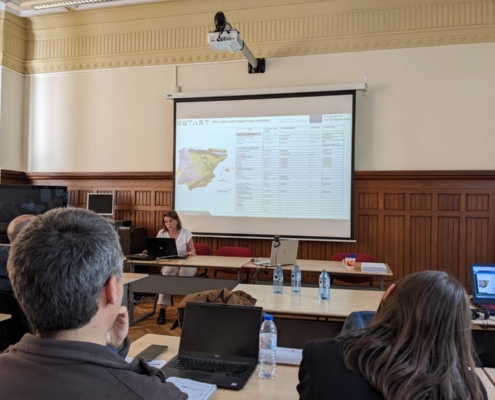
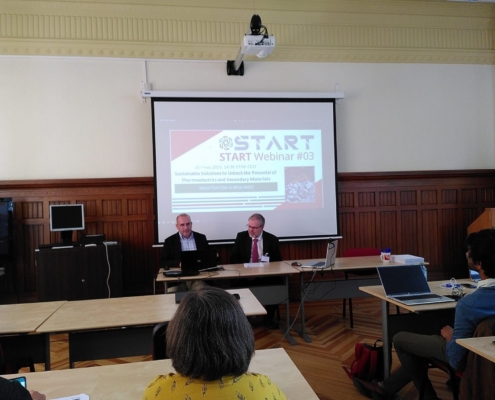
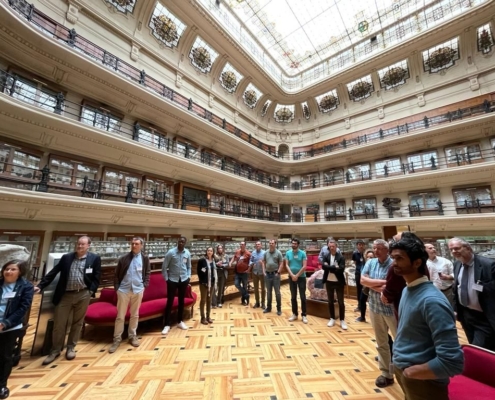
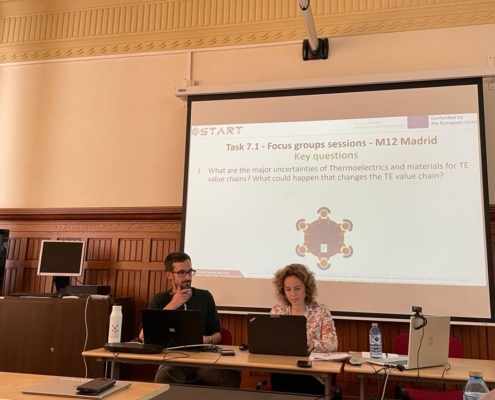
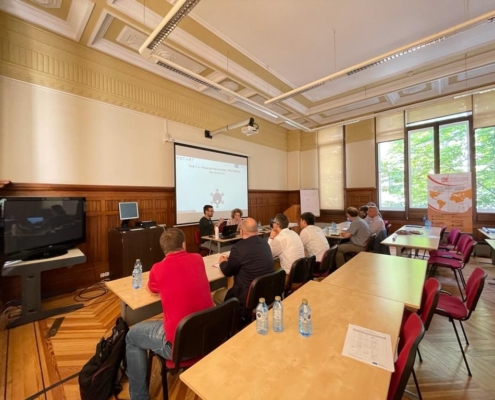
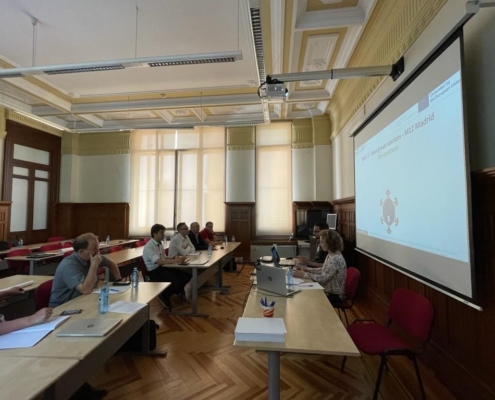
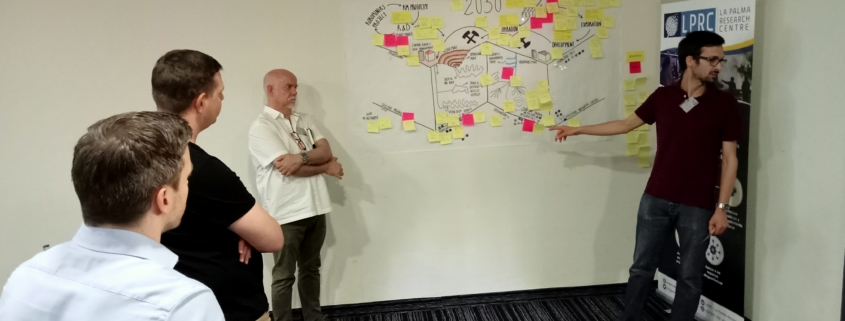 La Palma Research Centre
La Palma Research Centre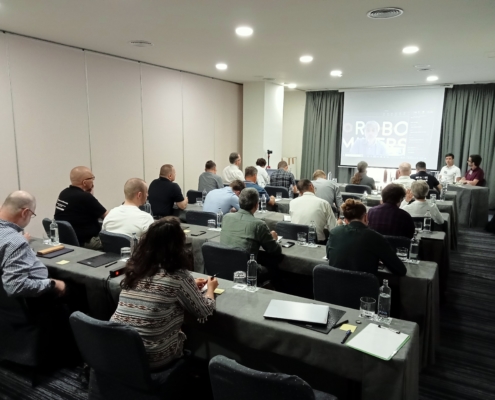
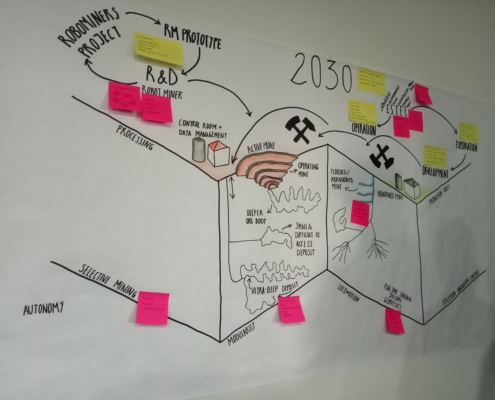
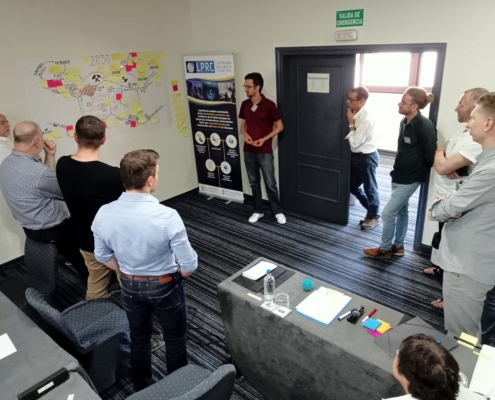
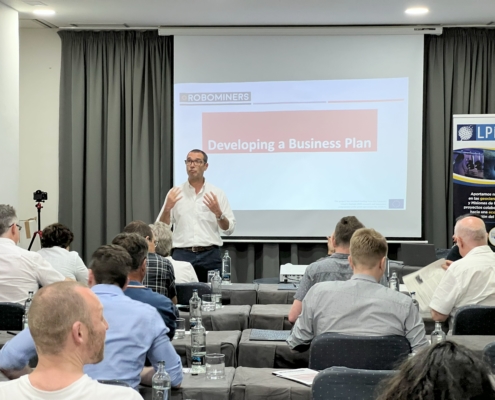
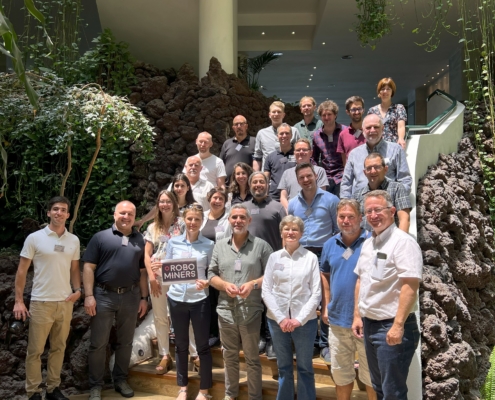
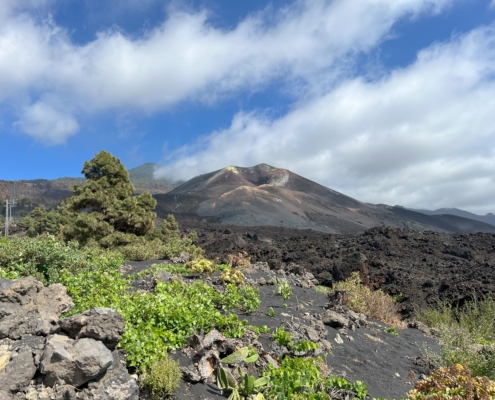
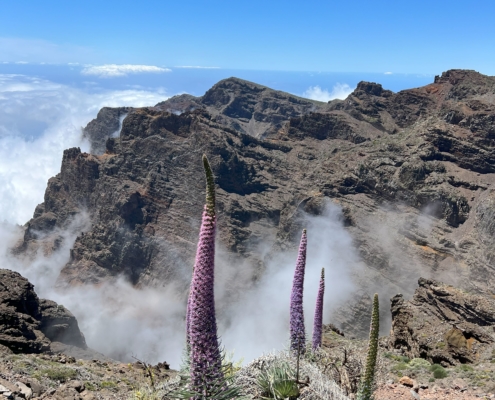
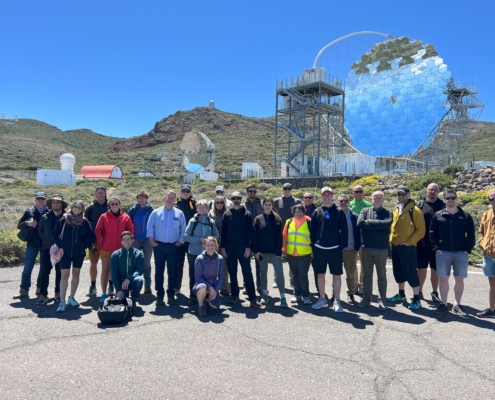
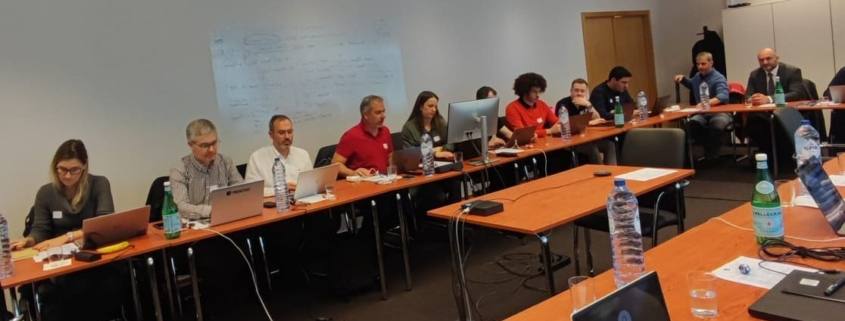 La Palma Research Centre
La Palma Research Centre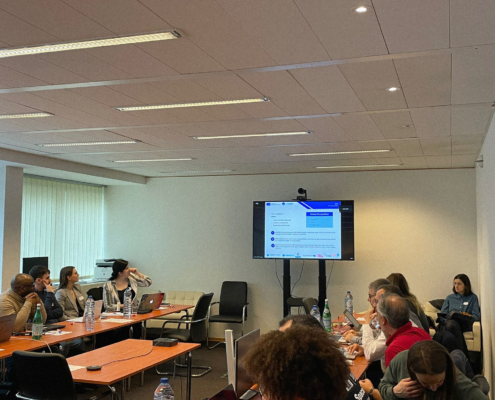
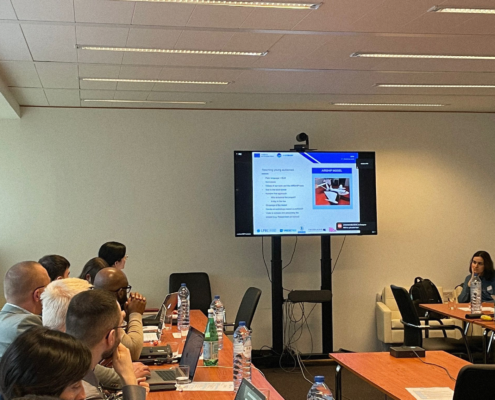
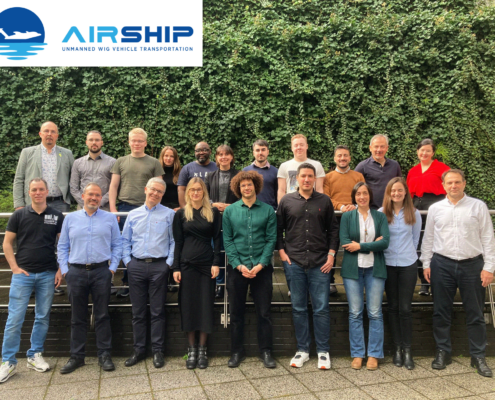
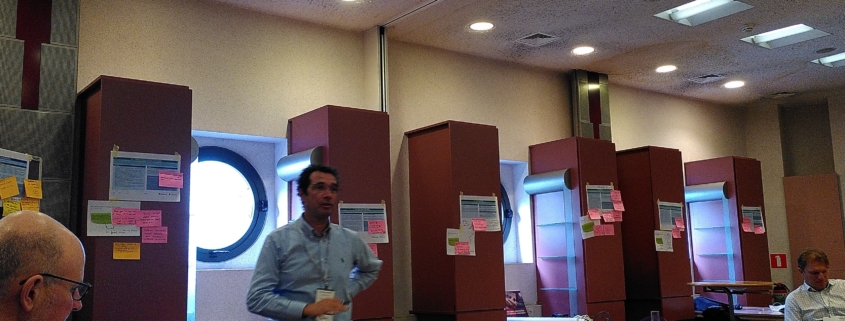 La Palma Research Centre
La Palma Research Centre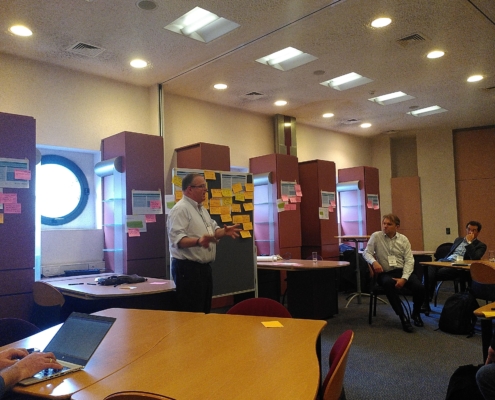
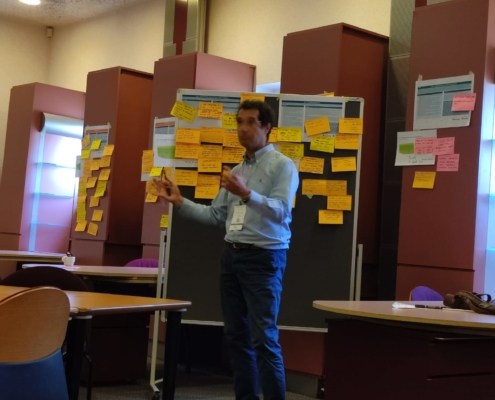

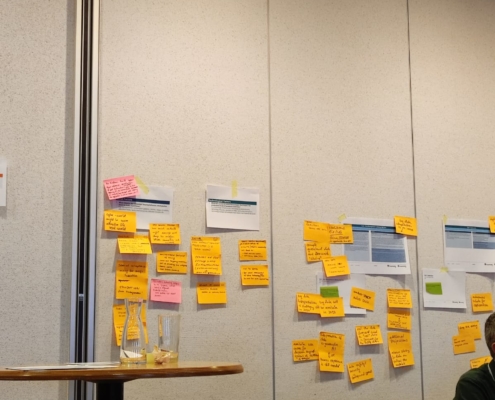
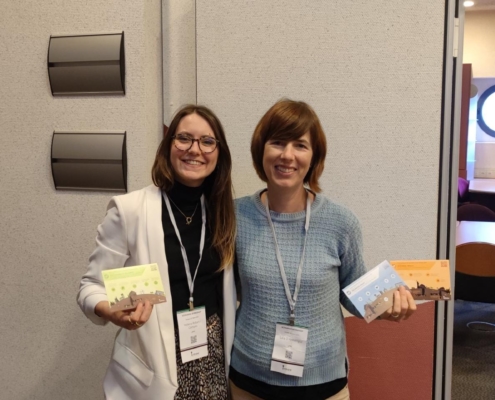
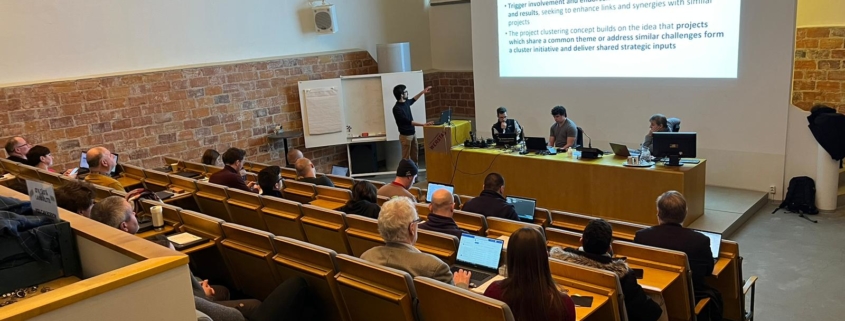 La Palma Research Centre
La Palma Research Centre
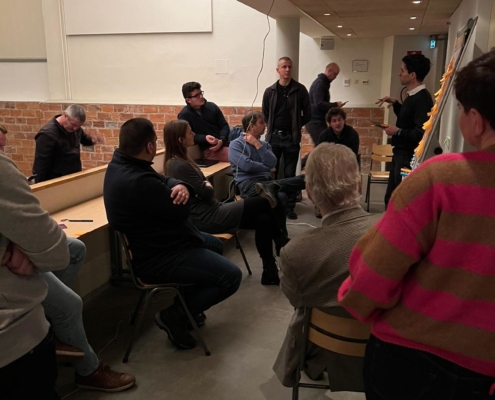
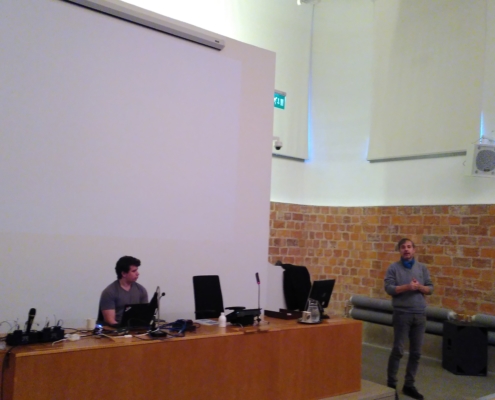
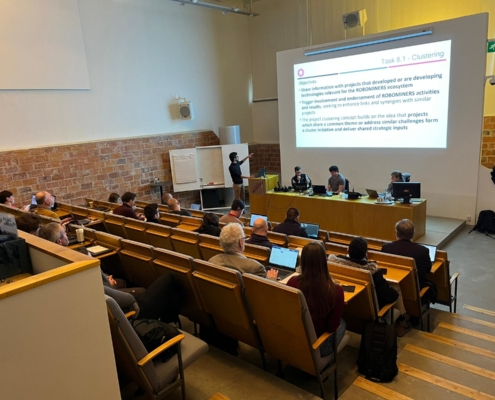
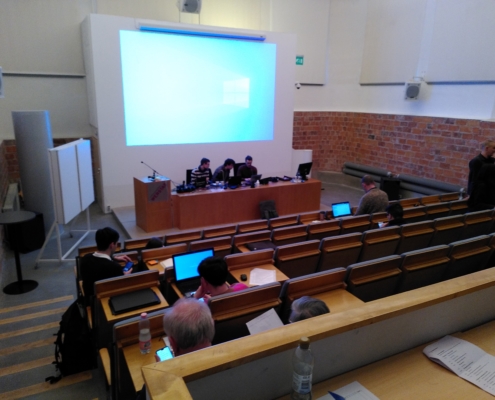
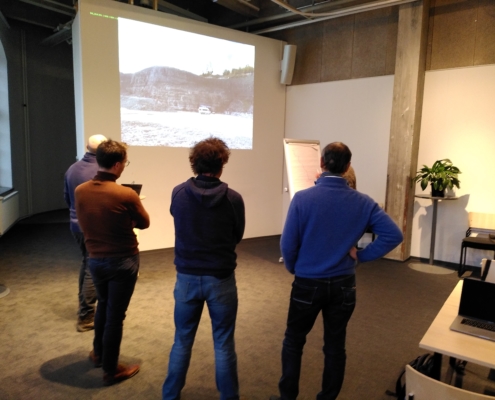
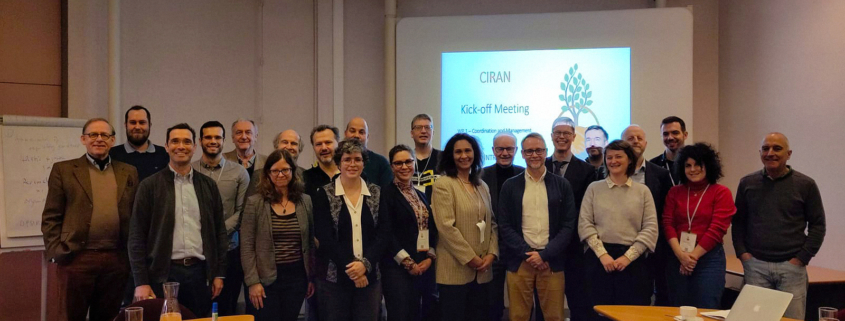 CIRAN project
CIRAN project